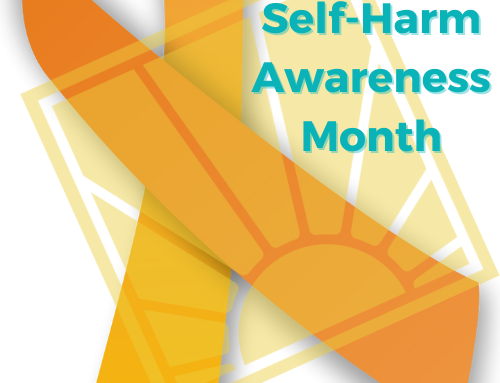“What we do during our working hours determines what we have; what we do in our leisure hours determines who we are” – George Eastman
Many studies have been conducted and much has been reported regarding how recreation and exercise impact our mental health. Unfortunately, the message doesn’t always sink in and too many individuals spend their leisure time participating in activities that weaken their emotional wellbeing and damage their ability to find happiness. As individuals gain motivation in their treatment and work toward recovery they often come to the realization that they need to eliminate unhealthy choices, habits and relationships from their lives. Taking out these unhealthy coping strategies and activities often leaves the client faces with a tremendous void; therefore it is crucial to acknowledge the reality that extinguishing negativity cannot be the end goal for treatment. In order for lasting change to be maintained, individuals must fill their lives with positive ways of filling their days.
At Sunrise Residential Treatment Center we have been fortunate enough to attract amazingly energetic and enthusiastic staff, therapists, teachers who know how to play, tease, recreate, and engage with our students. I could go on and on about the fun experiences I have shared with our students and with my co-workers over the years. Just to name a few: I’ve been lucky enough to take part in
- hikes
- campouts
- polar bear plunges
- paintballing
- sporting competitions
- road trips
- and 5K’s
This variety of leisure and recreation activities has so many benefits for the students we serve. As we help the students learn to manage their stress and negative emotions recreation helps them find a stronger sense of balance and control in their lives. It should come as no surprise that regular physical recreation helps increase self-esteem and regular participating in leisure activities reduces depression. In fact, according to a 2005 California State Parks report, just thinking about past outdoor recreation experiences can improve mood. I can attest to the fact that thinking back on some of these fun activities puts a smile on my face and helps enhance my mood.
I’d like to suggest 4 ways we can all utilize our leisure time to improve our mental health and quality of life.
-
Rediscover your passions:
Often times when individuals are overcome with depression or other struggles, their passion for life dies away. However dormant it might be, dig deep and rediscover your passions and interests. Smart Recovery ™ recommends individuals in recovery develop a “Vital Absorbing Creative Interest” which helps individuals experience the simple pleasures of living a life free from substances and unhelpful behaviors. Tap back into the activities you enjoyed as a child and what makes you genuinely happy.
-
Be consistent:
Schedule consistent frequent physical activity into your day and week. If difficult emotions are a consistent part of your day you must make healthy coping strategies just as consistent in your life. Before you go to bed each night look at your day and decide on a specific time you will budget your activity of choice into that day.
-
Include family and friends:
Nurturing positive relationships and building a positive social support system is crucial for everyone’s ultimate happiness. Recreation is such a wonderful way to build relationships and strengthen connections with others. Recreation can also be a positive way of building new relationships with likeminded individuals who share your common interests. Whatever you do make sure you are connecting with those around you and be intentional about incorporating your loved ones into your recreational pursuits. The old adage, “a family that plays together stays together” still rings true!
-
Get outside:
As our society continually retreats indoors and spends more and more time with technology, it is no surprise that there is a tremendous decline in our collective emotional well-being. Make sure to get outdoors and connect with nature. It doesn’t matter where you live, on a farm or in a big city, you can get outside and in the natural sunlight.
- Written by Corey Hickman, MS, CTRS, Residential Director

